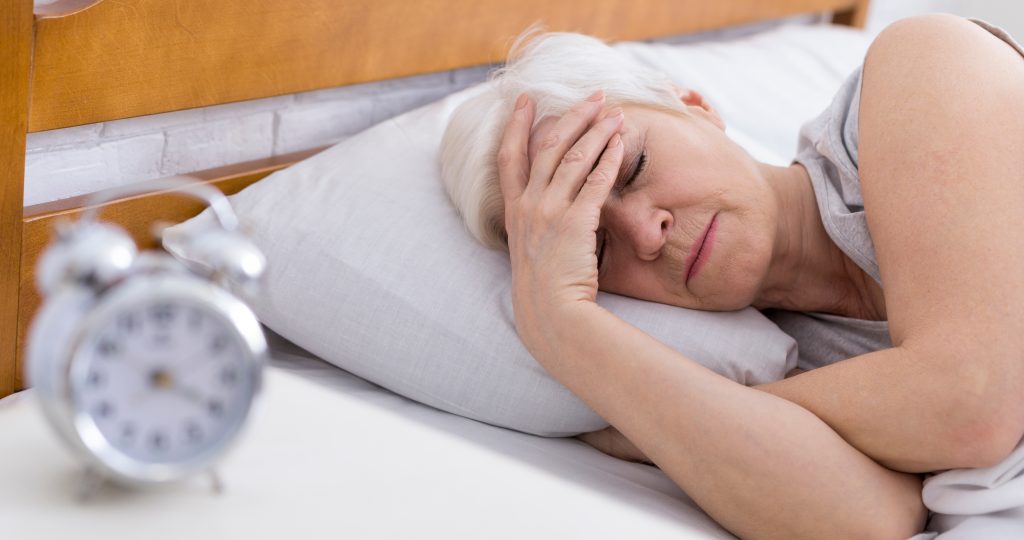Arq. Bras. Cardiol. 2021; 117(3): 455-456
Active Assessment of Sleep and Depression for elderly Patients in the Outpatient Cardiology Setting: What Are We Waiting for?
This Short Editorial is referred by the Research article "Risk of Death in the Elderly with Excessive Daytime Sleepiness, Insomnia and Depression: Prospective Cohort Study in an Urban Population in Northeast Brazil".
The relationships between sleep disturbances, depression and cardiovascular disease have gained growing interest in the last decades. Most evidence available suggests that several sleep disturbances (including sleep deprivation, insomnia and obstructive sleep apnea) are not only innocent bystanders, but may contribute to increase the cardiovascular risk.– The prevalence and impact of sleep disorders may vary depending on some clinical characteristics (for instance: age, gender and comorbidities). Aging is clearly a risk factor for developing sleep disturbances; consistent evidence have shown greater number of complaints associated with sleep with aging, including insomnia and obstructive sleep apnea., The reduction in the number of hours of sleep and poor sleep quality may impair multiple domains related to the quality of life in the elderly.– Similarly, depression is associated with several cognitive and cardiovascular consequences. Based on the biological plausibility linking sleep disorders and depression with cardiovascular risk,, and the high prevalence of cardiovascular diseases among elderly, it is reasonable to assume that sleep disorders add to the high cardiovascular burden observed in this subset of patients.
In this issue of the Arquivos de Brasileiro de Cardiologia, Lopes et al. reported a prospective cohort study of 160 elderly patients (between 60 and 98 years old) aiming to estimate the risk of death and cardiovascular events after eight years of follow-up (from 2009 to 2017) in those who presented insomnia and excessive daytime sleepiness detected at baseline. Excessive daytime sleepiness, sleep quality and presence of depressive symptoms were evaluated by the Epworth Sleepiness scale, the Pittsburgh Sleep Quality Index and the Sheikh and Yesavage Geriatric Depression Scale, respectively.
[…]
Keywords: Depression; Elderly; Non-dipping; Sleep
385

